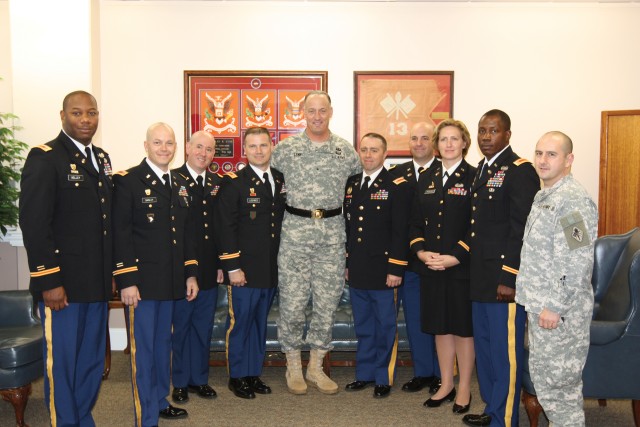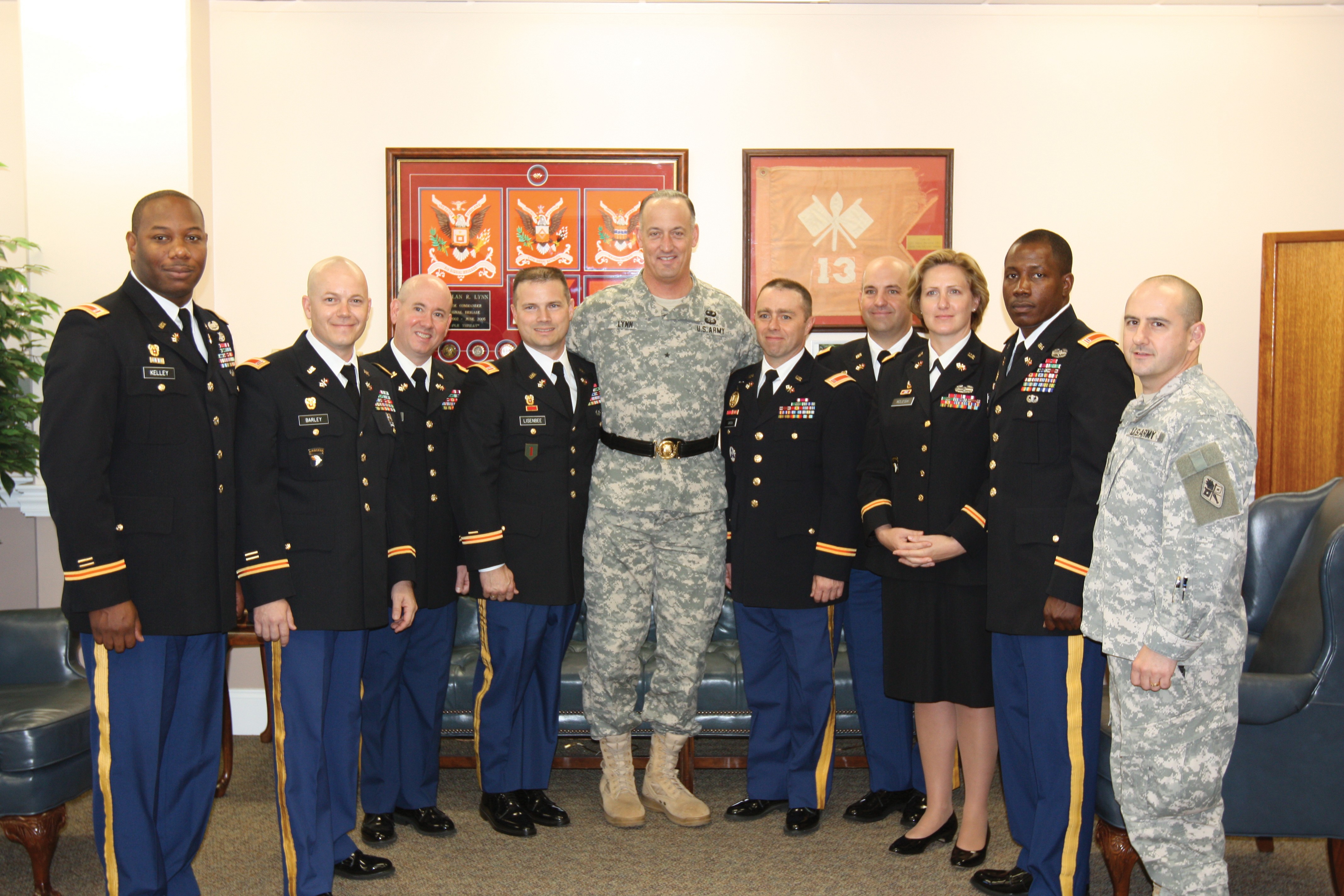
FORT GORDON, Ga. --As the world's technologies continue to advance, and our military becomes more and more reliant on those technologies and computer network systems, the Department of Defense must continually adjust its policies and create procedures that will help protect against those who would use technology to attack the nation.
In order to prepare for and combat such attacks, the Army has created a new military occupational specialty, Information Protection Technicians, and graduated the very first class Oct. 29 during a ceremony at Fort Gordon.
Eight warrant officers were trained in 62 different areas of expertise involving cyber security. These officers, and others as the field continues to grow, will serve as the premier defenders of the Army's cyber domain.
The cyber-security experts are tasked with a broad range of security measures designed to stop and prevent the many kinds of attacks that threaten today's computer systems.
"Our adversaries fully intend to degrade, disrupt, deny and destroy the advantage our Armed Forces have through computer technologies," said Signal Corps Regimental Chief Warrant Officer 5 Todd Boudreau, who helped begin the push for the new career field when he realized the Army wasn't fully prepared for the types of attacks that threaten computer systems today.
Such attacks on computer systems can lead to denial of services, penetration and manipulation of communications networks, information exploitation and information manipulation, said Boudreau.
Those who would attack our network systems could cause such catastrophes as nuclear meltdowns, disruption of financial services, or the deactivation of a hospital's entire operating system. Further, such things as the coordinates of a strategic airstrike could be manipulated to cause the bombing of the wrong target - which could cause tensions with another nation.
These cyber defense experts will not be simply monitoring computer networks, they will be able to hunt for plausible threats and track evidence of adversarial activity. They will coordinate with the intelligence community and formulate response actions as problems are detected.
Allen Paller, director of research at the SANS Institute, spoke to the graduates, commending them for their completion of a uniquely challenging course and stressing the importance of what they've been trained to do.
"Cyber defense has become more crucial than ever, even as important as the threat of nuclear weapons," Paller said. "You are the first of a vital group of servicemembers who will directly affect the security of the entire nation every single day."
As the new career field continues to grow, the cyber defense experts will be sent to various units throughout the military as they are needed - with some remaining here to instruct future classes.
"Today I had the pleasure of attending the graduation of the Signal Regiment's first set of Information Protection Technicians, and I feel confident that our nation is more secure and better prepared for the threats that exist today," said Russell Fenton, Telecommunications Specialist.

Social Sharing